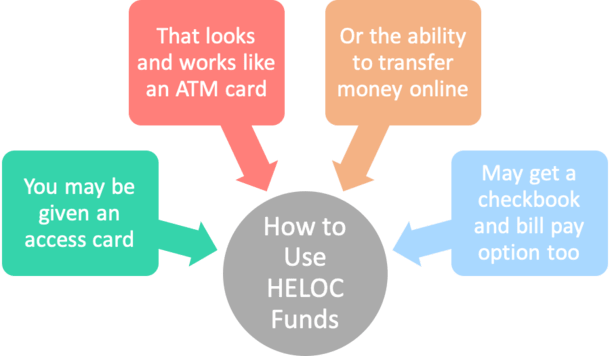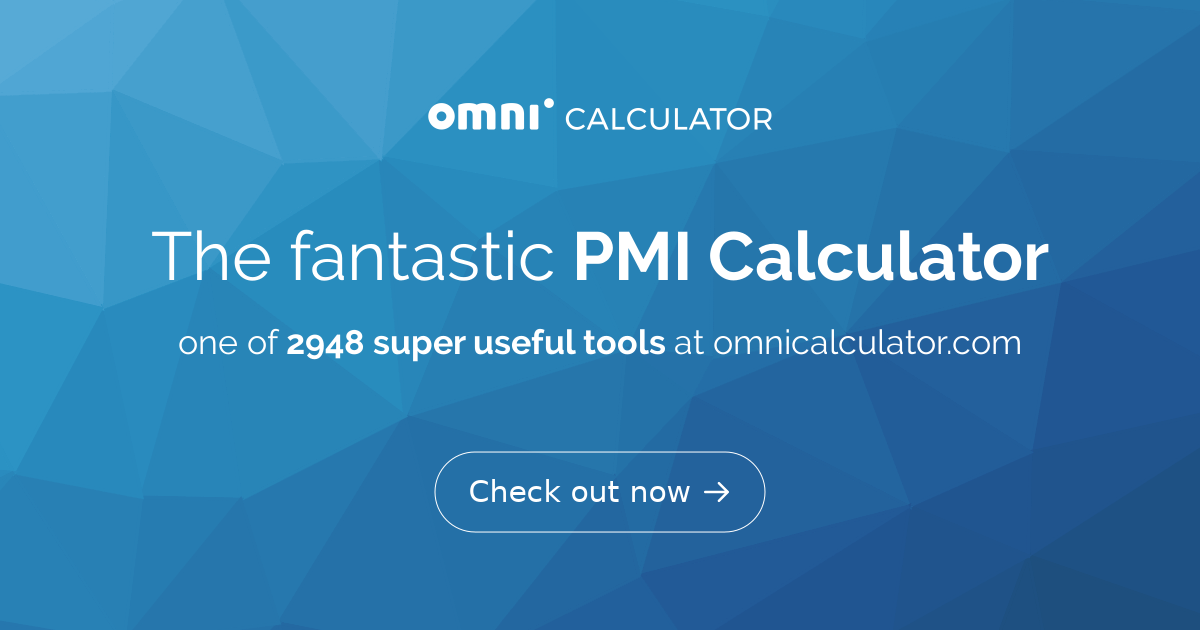
A cash out refinance is a home loan that allows you to take out a lump sum in exchange for the balance on your existing mortgage. The loan agreement will differ from your original mortgage. It will have different terms and interest rates. You can typically borrow up to 30 years to repay this loan. It may also have an adjustable or fixed interest rate. The loan can be used to finance a wide range of purposes, such as home improvement and tax savings.
Refinance your mortgage with cash-out
Cash-out refinances are a great choice if you want to repay your mortgage and get a new one. These types are best for home renovations and have a lower downpayment. You should be aware of the possible risks associated with cash-out refinances. Before you apply for one, consult a financial advisor or accountant. Additionally, cash-out refinances may require you to appraise your current property before you can receive a cash advance.
Cash-out refinances, unlike other ways to leverage your home equity, require only one monthly installment. These refinances have a single monthly payment and can be used for anything, including debt consolidation and college tuition. Cash-out loans have lower interest rates, which is the best thing about them. Cash-out refinances can be used to pay off high-interest credit card debts, saving you thousands in interest payments. Your credit score can be boosted by paying off all credit card debts.

Home equity loans are second mortgages
A home equity loan is a second mortgage that leverages the equity in a homeowner's house as collateral. This is a great way consolidate debts and get a lower interest rate. These loans usually have fixed interest rates and monthly payments, so there are no unexpected surprises. Another benefit of home equity loans are that the funds are generally given in a lump sum so the borrower is able to budget accordingly.
The best part about home equity loans is that they are easy to obtain. These loans are quick and easy to get cash. They can also be tax-deductible. The process is easy, although you will have to pass a credit check and get an appraisal of your house.
These have higher interest rates that cash-out refinances
A cash-out refinance can be a beneficial option if you need a large sum of money quickly. However, it can be more expensive than a home equity loan. Moreover, cash-out refinances require a high credit score and have higher underwriting standards.
Cash-out refinances replace your existing mortgage with a new loan. Instead of multiple monthly payments, you will only be responsible for one monthly installment. However, home equity loans have variable interest rates, which may increase as the loan continues. This means that you need to shop around for best rates and terms.

They let you take money out of your home before you decide to sell it.
A home equity loan, or cash-out refinance, is a type if home loan that allows the borrower to take money out from their home before they sell it. The money can be used to pay off large debts or for other major expenses. Many borrowers use the money in order to finance education, emergency savings or other large expenditures. There are some drawbacks to this type of loan.
A cash out refinance refers to refinancing your mortgage into a larger amount. After closing, you receive a check to cover the difference between the old mortgage balance and the new one. You can use the money for whatever you like. According to a recent Freddie Mac study, the most popular use of a cash out refinance is to pay off debt. You can also use the cash to improve your home or go back to college.
FAQ
What are the cons of a fixed-rate mortgage
Fixed-rate loans have higher initial fees than adjustable-rate ones. If you decide to sell your house before the term ends, the difference between the sale price of your home and the outstanding balance could result in a significant loss.
How can I determine if my home is worth it?
If your asking price is too low, it may be because you aren't pricing your home correctly. A home that is priced well below its market value may not attract enough buyers. Get our free Home Value Report and learn more about the market.
How much money can I get to buy my house?
This varies greatly based on several factors, such as the condition of your home and the amount of time it has been on the market. According to Zillow.com, the average home selling price in the US is $203,000 This
What should I look for in a mortgage broker?
Mortgage brokers help people who may not be eligible for traditional mortgages. They compare deals from different lenders in order to find the best deal for their clients. This service is offered by some brokers at a charge. Others offer no cost services.
What are the benefits of a fixed-rate mortgage?
With a fixed-rate mortgage, you lock in the interest rate for the life of the loan. This guarantees that your interest rate will not rise. Fixed-rate loans come with lower payments as they are locked in for a specified term.
Statistics
- 10 years ago, homeownership was nearly 70%. (fortunebuilders.com)
- This seems to be a more popular trend as the U.S. Census Bureau reports the homeownership rate was around 65% last year. (fortunebuilders.com)
- Private mortgage insurance may be required for conventional loans when the borrower puts less than 20% down.4 FHA loans are mortgage loans issued by private lenders and backed by the federal government. (investopedia.com)
- Over the past year, mortgage rates have hovered between 3.9 and 4.5 percent—a less significant increase. (fortunebuilders.com)
- This means that all of your housing-related expenses each month do not exceed 43% of your monthly income. (fortunebuilders.com)
External Links
How To
How to manage a rental property
You can rent out your home to make extra cash, but you need to be careful. These tips will help you manage your rental property and show you the things to consider before renting your home.
Here's how to rent your home.
-
What are the first things I should consider? Take a look at your financial situation before you decide whether you want to rent your house. If you have outstanding debts like credit card bills or mortgage payment, you may find it difficult to pay someone else to stay in your home while that you're gone. Also, you should review your budget to see if there is enough money to pay your monthly expenses (rent and utilities, insurance, etc. It may not be worth it.
-
How much will it cost to rent my house? There are many factors that influence the price you might charge for renting out your home. These factors include your location, the size of your home, its condition, and the season. Prices vary depending on where you live so it's important that you don't expect the same rates everywhere. Rightmove estimates that the market average for renting a 1-bedroom flat in London costs around PS1,400 per monthly. If you were to rent your entire house, this would mean that you would earn approximately PS2,800 per year. This is a good amount, but you might make significantly less if you let only a portion of your home.
-
Is it worth the risk? It's always risky to try something new. But if it gives you extra income, why not? Before you sign anything, though, make sure you understand exactly what you're getting yourself into. Your home will be your own private sanctuary. However, renting your home means you won't have to spend as much time with your family. These are important issues to consider before you sign up.
-
Are there any benefits? Now that you have an idea of the cost to rent your home, and are confident it is worth it, it is time to consider the benefits. There are many reasons to rent your home. You can use it to pay off debt, buy a holiday, save for a rainy-day, or simply to have a break. You will likely find it more enjoyable than working every day. If you plan well, renting could become a full-time occupation.
-
How can I find tenants Once you've decided that you want to rent out, you'll need to advertise your property properly. Online listing sites such as Rightmove, Zoopla, and Zoopla are good options. After potential tenants have contacted you, arrange an interview. This will help you assess their suitability and ensure they're financially stable enough to move into your home.
-
What are the best ways to ensure that I am protected? If you don't want to leave your home empty, make sure that you have insurance against fire, theft and damage. In order to protect your home, you will need to either insure it through your landlord or directly with an insured. Your landlord may require that you add them to your additional insured. This will cover any damage to your home while you are not there. If your landlord is not registered with UK insurers, or you are living abroad, this policy doesn't apply. In this case, you'll need to register with an international insurer.
-
Sometimes it can feel as though you don’t have the money to spend all day looking at tenants, especially if there are no other jobs. It's important to advertise your property with the best possible attitude. A professional-looking website is essential. You can also post ads online in local newspapers or magazines. You'll also need to prepare a thorough application form and provide references. While some people prefer to handle everything themselves, others hire agents who can take care of most of the legwork. Interviews will require you to be prepared for any questions.
-
What should I do once I've found my tenant? If you have a contract in place, you must inform your tenant of any changes. If you don't have a lease, you can negotiate length of stay, deposit, or other details. While you might get paid when the tenancy is over, utilities are still a cost that must be paid.
-
How do I collect rent? When the time comes for you to collect the rent you need to make sure that your tenant has been paying their rent. You will need to remind your tenant of their obligations if they don't pay. Any outstanding rents can be deducted from future rents, before you send them a final bill. You can call the police if you are having trouble getting hold of your tenant. They will not normally expel someone unless there has been a breach of contract. However, they can issue warrants if necessary.
-
What are the best ways to avoid problems? Renting out your house can make you a lot of money, but it's also important to stay safe. Ensure you install smoke alarms and carbon monoxide detectors and consider installing security cameras. You should also check that your neighbors' permissions allow you to leave your property unlocked at night and that you have adequate insurance. Finally, you should never let strangers into your house, even if they say they're moving in next door.